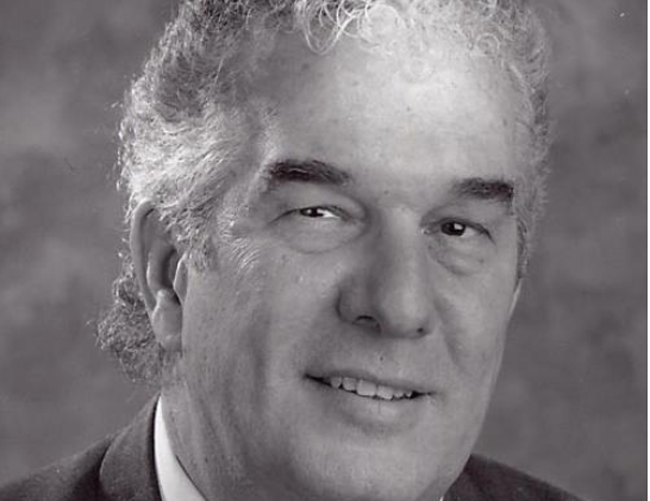Stolen sisters – silent screams?

By Peter Globensky and Beverly Anne Sabourin
When controversial issues begin to get legs and confront governing politicians with uncomfortable facts and choices, their instinctive reaction is almost always immediate and twofold: 1. Guesstimate how long it will take before the issue “blows-over,” and the media, suffering as it almost always does from ADHD turns to fresh sensationalism; and 2. What “actions” can be taken to at least create the illusion that something is being done about it. The Harper government, in its response to the scores of missing and murdered Aboriginal women and repeated cries for a National Inquiry have become past masters of these tactics. What they have so amateurishly underestimated is the resilience of those demanding such an inquiry and the almost monthly “fresh disasters” of missing and murdered Aboriginal women that continue to haunt our national psyche.
Some eight months ago, in these pages we addressed the heart-rending story of 18 year old Sandra Kaye Johnson of Thunder Bay whose brutalized and naked body was found on a frozen February flood way in our own intercity. Twenty two years later her murderer remains at large, the crime unsolved. Many residents of Thunder Bay are now familiar with the tireless work of her sister Sharon who organizes the annual Full Moon Memory Walk to inform us all that Sandra Kaye is alive in spirit. That spirit reminds us that she is among 1,800 Aboriginal women whose murders and disappearances are cold cases – their humanity reduced to two dimensional reports sitting in dusty file cabinets.
To the requests and demands for a National Inquiry into Missing and Murdered Aboriginal women – demands from the likes of the Assembly of First Nations, The Native Women’s Association of Canada, Canadian Premiers, Amnesty International and numerous others including the UN Special Rapporteur on the Rights of Indigenous Peoples, we asked then as we do now why does the government of Stephen Harper continue to be stuck on “no,” parroting the same tired response that these missing and murdered Aboriginal women are matters for criminal investigation and resolution?
We made the mistake of proposing that the primary reasons for our corporate amnesia on this tragic situation are deeply rooted in the rot of stereotypes and systemic racism deeply ingrained in the collective consciousness of our culture. We suggested these corrosive and toxic attitudes are at the heart of why we have come to know so little about these women and their suffering. Why had so little has been done to solve these crimes and prevent their recurrence? The inaction went far beyond disinterested police work or a distracted media.
Our mistake was in not going far enough with our analysis. That realization came to us, from of all places, Stephan Harper himself. In stating categorically that these 1,800 cases were a matter for the police (not the government) to solve, another compelling reason emerged explaining why “no” has become the default response to a National Inquiry. Moving from the many leaves to the branches to the trunk to the roots, any inquiry worth its salt would connect dots the Harper government in their ineptitude would much rather not have to confront: missing and murdered. . . . poverty. . . . abuse. . . .homelessness. . . . unemployment. . . . addictions. . . . child welfare . . . . failed social policies, to name but a few. Turning over more than a few rocks reveals the murky swamp beneath.
Granted, since that article last March the Harper government did create a Special Parliamentary Committee to “investigate” the matter (see illusion of action in paragraph one above). As we suggested then, we now know that the year-long parliamentary committee under the orchestral baton of PMO ultimately voted against a National Inquiry in its year-long pursuit of milquetoast and pabulum.
And the Premiers, sensing that their own pleas were falling on tone-deaf Tory ears, capitulated and agreed to support some sort of national committee of illuminaries charged with “shedding light on the matter”.
And then they found the murdered body of 15 year-old Tina Fontaine stuffed in a bag and dumped into the Red River. And then they found 16 year-old Rinelle Harper beaten and sexually assaulted and left for dead.
And then, . . . well who else, how many more and what is next Mr. Harper?
– 30 –
Beverly Anne Sabourin an Anishinabe quay from Pic Mobert recently retired as the Vice-Provost of Aboriginal Initiatives at Lakehead University and her husband, Peter Globensky, a former senior policy advisor on Aboriginal Affairs in the Office of the Prime Minister and recently retired as CEO of the Canadian Council of Ministers of the Environment, live in Thunder Bay. They invite your comments at basa1@shaw.ca


